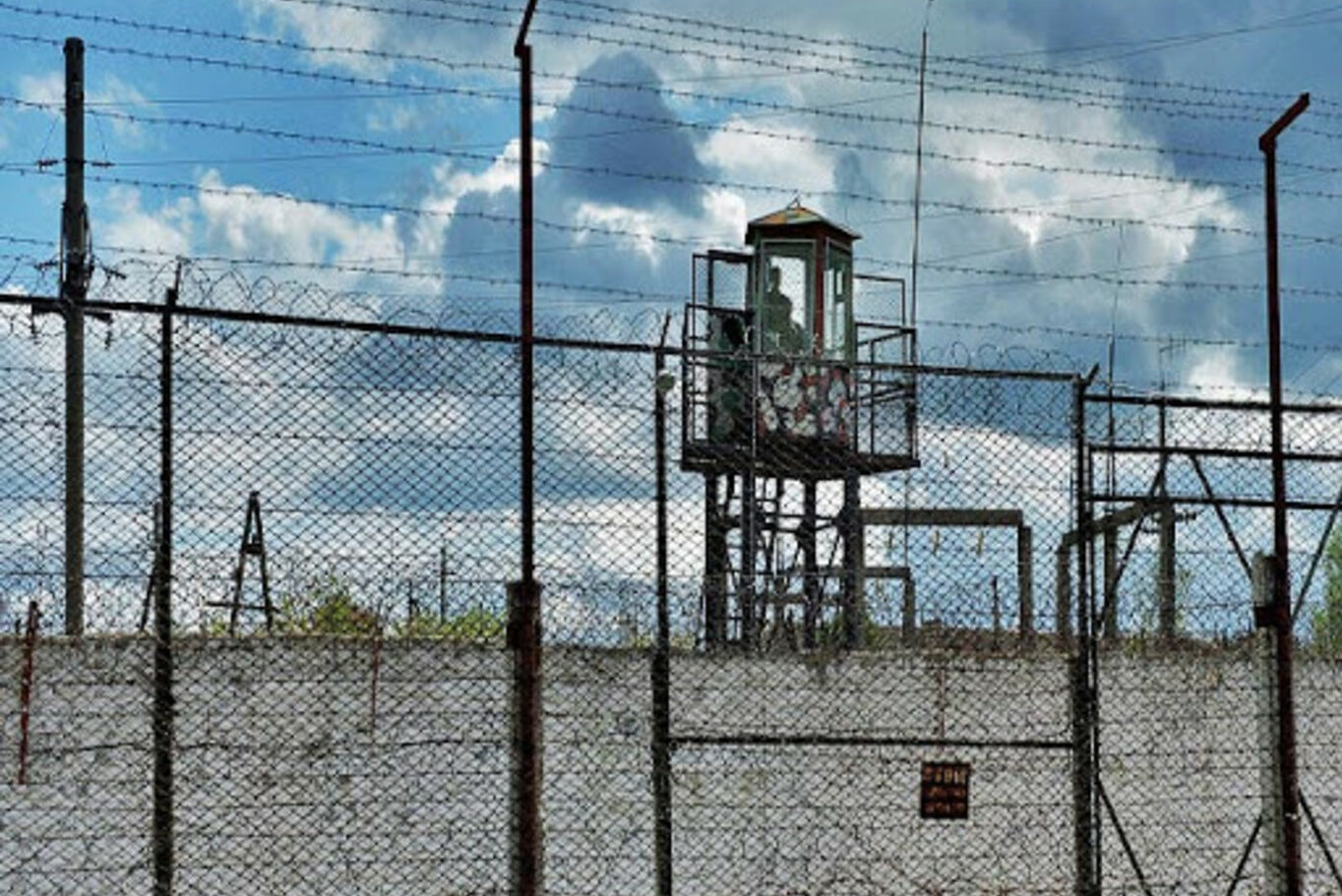Prison in Zhodzina: overcrowded cells and severe abuse

A few weeks ago, more than 600 people were arrested in Belarus: some were preventively detained before the referendum, and others for anti-war protests. Within the next several days, 650 trials were held. Many cases were ruled on in just a few minutes. The trials took place via Skype. The same policeman acted as a witness for all of them. One of the detainees reported that the verdict in their case had already been prepared in advance.
A former detainee told the Viasna Human Rights Center about conditions in the Zhodzina prison, where many hundreds of prisoners were taken to. The man was detained on 27 February 2022. Before being assigned to cells, some people were kept in the open-air courtyard for hours. He was placed in a four-bed cell with about 15 other people. The mattresses and bedding were taken away. The cells were hot and stifling, with central heating radiators scalding hot. There was only cold water in the cell. The detainees were not taken to the showers or for walks in the courtyard. After a couple of days, guards brought a roll of toilet paper and newspapers to use instead of toilet paper. Many in the cell developed digestive problems from the local food. One night, when someone felt ill, a medical officer arrived and gave them two pills, refusing to explain what kind of medicine it was. Most likely, it was sleeping pills because the man fell asleep immediately after taking them.
The detainees were repeatedly beaten and pepper-sprayed. Once, officers entered several cells, ordered the inmates to lie face down, and started stomping on their backs. Another officer was standing at the entrance and filming the abuse with his smartphone. All the while, they also heard sounds of severe beatings from neighboring cells.
There are no actual doctors ready to provide medical assistance at the institution. According to the guards, doctors do not want to work in this facility because of similar complaints about headaches and stomachaches from nearly all prisoners. Upon release, many cannot find their belongings because after police reports are drawn up, all items are collected in bags that are not always properly labeled.